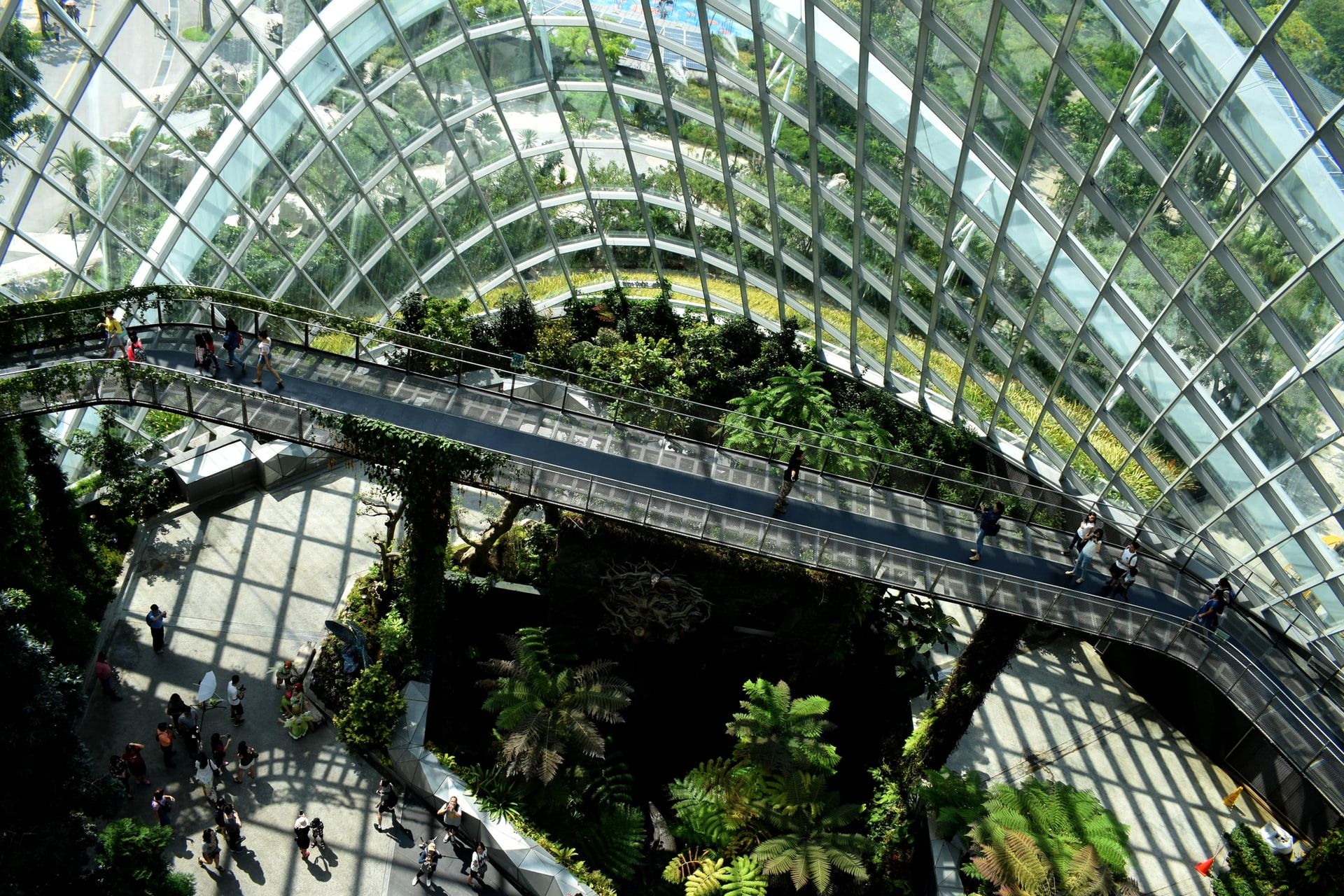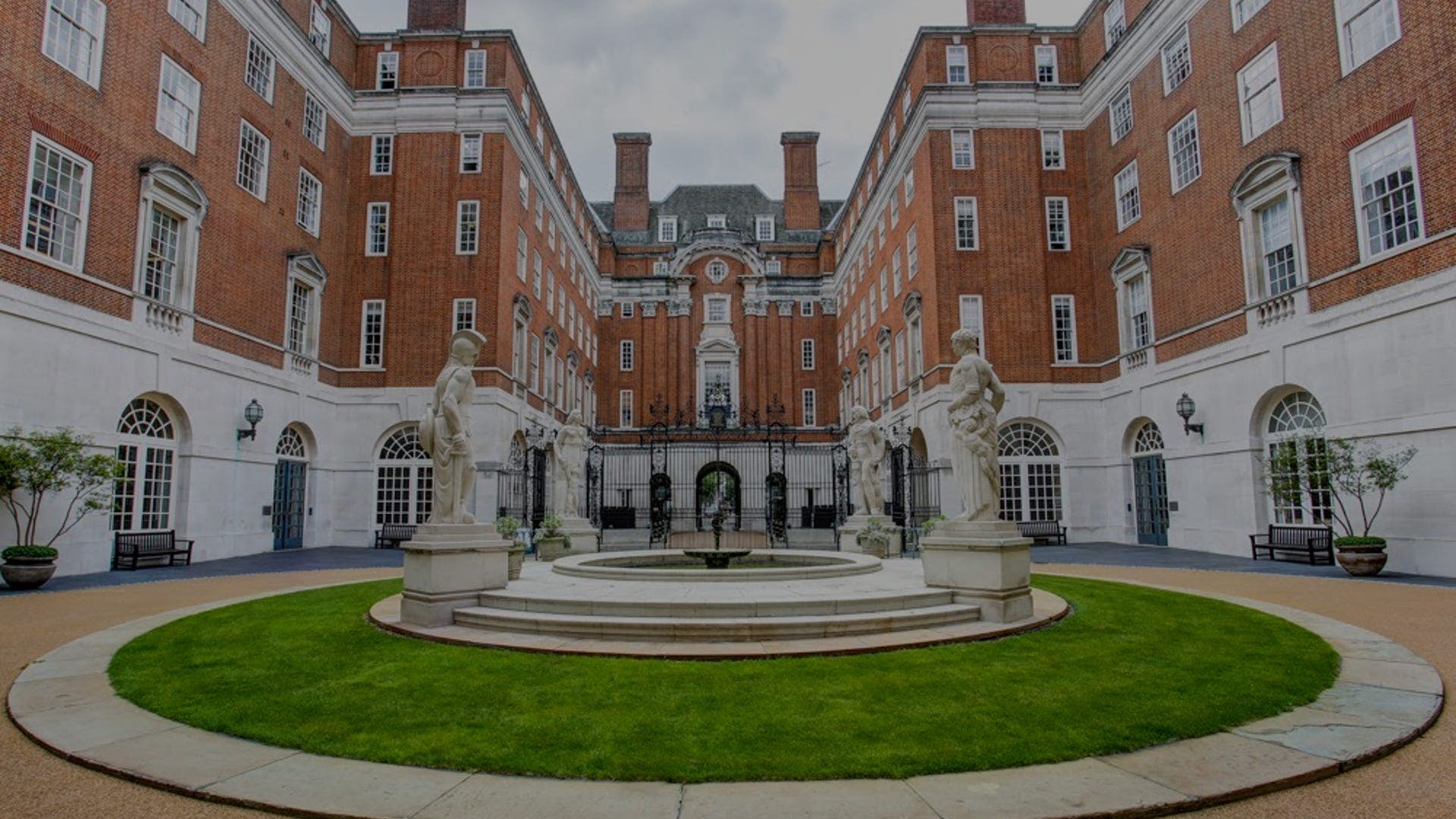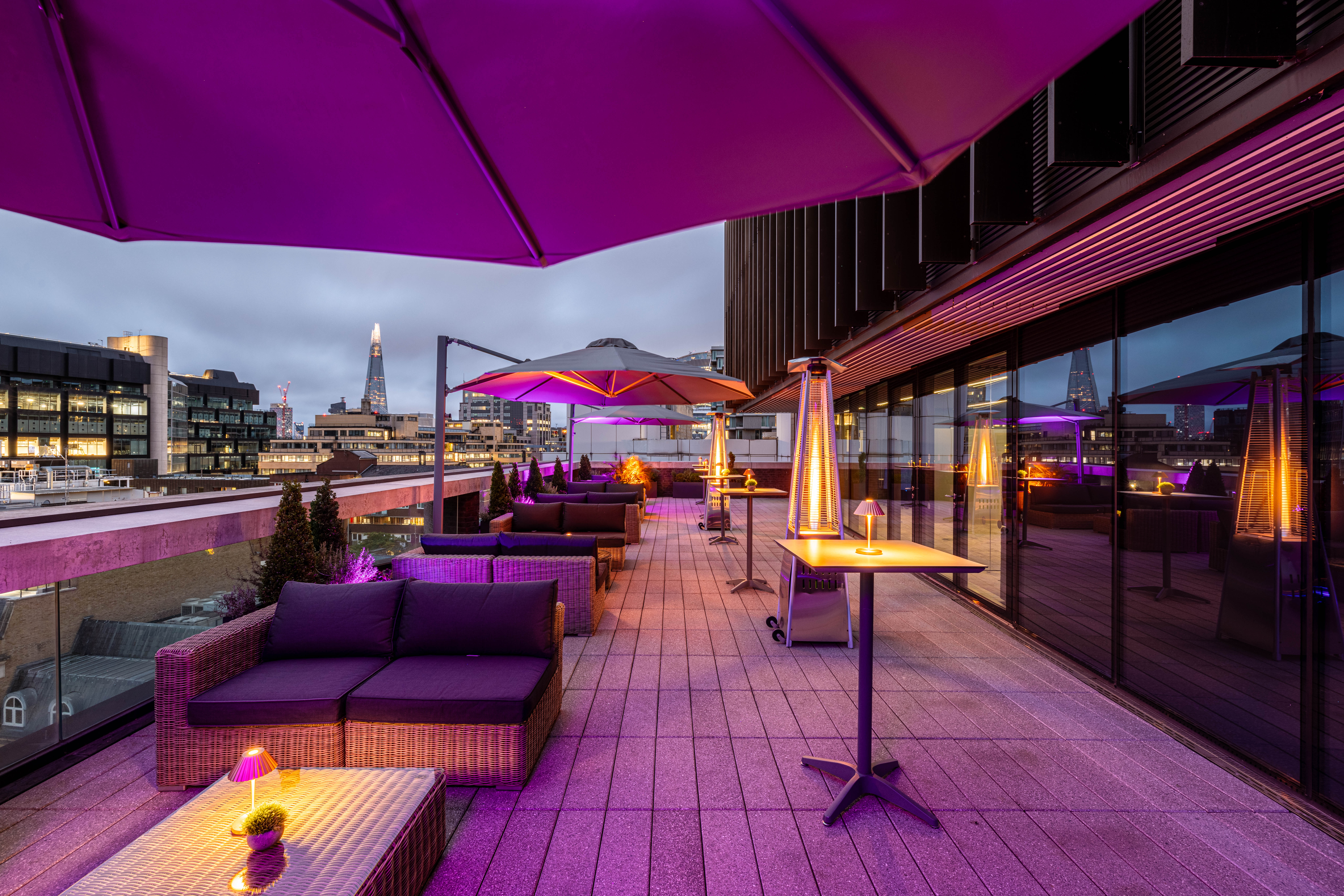As sustainability becomes more ingrained in the events industry, clients are demanding greener venues for their events. This is a positive shift, but for venues with listed status or period features that can't be updated, it can prove a daunting path to tread. Luckily, there are footsteps to follow from historic venues that are leading the charge in the industry.
On this panel, we welcomed Kat Winfield of BMA House, and Emily Simmons-Wright of Central Hall Venues, to discuss the challenges and successes they’ve experienced in bringing their venues to the forefront of the sustainability standard in the UK. Read on for their tips and insights on making the green grade with historic venues.
How high is demand for sustainable practices in venues at the moment?
Sustainability is high on everyone’s agenda, it seems. From companies pledging to meet Net Zero targets and worrying about how their events will fit into the plan, to agencies with briefs for low impact events looking for green venues to host them, at least a third of clients approaching both BMA House and Central Hall Westminster ask for the venues' sustainability policy.
A venue's sustainability policy should contain all of the commitments and steps that venues have made towards decarbonisation, to help clients make the decision on where to host their event. However, it doesn’t stop there. Sustainability shouldn't just be a tick-box exercise: venues should be actively encouraging clients to make sustainable choices for the event, and driving positive change through support and encouragement. What event organisers and bookers often lack is an in-depth knowledge of the supply chain, and that’s where venues can and should provide as much guidance as they can to make sure other aspects of the event are as green as possible.
"It's about driving clients to think about what more they can do as a company, and how they can push their mindset further, past the venue and past the catering." Emily Simmons-Wright

What are the particular challenges of 'greening' historic venues?
Older buildings are more likely to have restrictions around work that can be done to them, particularly if they’re listed buildings, as both BMA House and Central Hall Westminster are. Period features such as windows and fireplaces are notoriously difficult to update, but this shouldn’t be an excuse to be complacent: instead you need to look at what you can do in other areas.
At Central Hall Westminster, over 900 light fixtures have been changed from energy-intensive bulbs to lower-intensity LED bulbs, and the venue has overhauled its heating, installing electric systems instead of gas. Meanwhile at BMA House, lights have also been replaced, food waste policies have been put in place and heating is only turned on from October to May as the building has good insulation which retains heat well.
Where should historic venues start?
The panellists recommend starting with your internal practices - remove plastic cups from water fountains, go paperless where possible, and change your light bulbs to LED lights, which requires a sizeable initial investment but saves a huge amount of money in the long run. Don’t feel like you need to tackle everything at once - choose an area, do your research, and invest in making reductions in that space.
Food is a good example of something that’s often overlooked but can have huge effects when you begin to scrub up the wastage. Removing a third option from menus reduces the likelihood of large numbers of dishes being wasted, and making your menu vegetarian or vegan is a great step to cutting down your emissions. Caterers like Green and Fortune, the in-house caterers for Central Hall Westminster, also reuse commonly-wasted parts of foods to create delicious, surprising dishes, like chutneys from carrot skins, and crackers from unused bread. Venues can recommend sustainable caterers to clients, or work with their in-house suppliers to create greener menus. This can be a great talking point for delegates, and means they’ll go home with more than just your event’s content to think about.

How do hybrid events come into play?
Venues and virtual events have sometimes been pitted against each other, but there are many ways that virtual event technology can be used to strengthen venues’ offerings. Hybrid events allow many more delegates to attend an event and see the venue for themselves without having to travel long distances, while allowing the main part of the content to take place on-site. Offering in-house hybrid technology is a major string to a venue’s bow, as it makes it easy for clients to stage events in any format at a lower cost than bringing in external providers.
How does this fit in with venues' budgets?
It might seem that making drastic changes to your venue and operations would incur significant costs and be a drain on your budget, but in fact the opposite is often true. Cutting down on excess in certain areas like catering actually saves money, and makes it easier to invest in different areas.
For Central Hall Westminster, changing their heating from gas to electric cost upwards of £80,000 - a big slice of budget, but one which is already having a positive effect on their monthly heating bills. Additionally, hybrid technology is a valuable draw for events, and by investing in in-house tech, you’ll be able to pass on the cost savings of not having to hire externally to clients - a win for all involved.
The speakers advised any venues looking to follow a similar path to reinvest revenue from events into making the next ones even better and more sustainable, and you’ll begin to build a reputation for integrity and commitment to targets. It can feel overwhelming taking the first step, but it's all about the legacies we’re leaving behind for the next generation.

How do venues prove that what they’re doing is on the right lines?
It's easy to say that you're making leaps and bounds in sustainability, but without independent certification to back it up, this may come across as greenwashing. There are several accreditation systems and awards that recognise venues for their efforts in greening their systems, including Green Tourism, Greengage, and Green Mark accreditations.
Both Central Hall Westminster and BMA House have received the Platinum Greengage Award for their efforts in greening their venues - two of only 7 venues in London and 12 in the UK to do so! The award only lasts for one year, and venues have to reapply in order to retain or improve their status, which holds them to sustaining their work from year to year, and constantly improving. As such, being recognised by the Greengage Awards is a mark of genuine commitment to sustainability.
Having a record of the data from the changes you make in your venue over the years is hugely valuable when it comes to both applying for accreditation, and to demonstrating your value offering to clients. To do this, you need to make sure you’re measuring your emissions and keeping track of how you’re performing in relation to your goals: if you want to find out more about this, you can check out our article on setting sustainable objectives.

What does the future hold for venues?
Sustainability is only getting more ingrained in events, and there’s an upward trend in the number of people specifically looking to work with and for venues that are committed to doing their bit. At both BMA House and Central Hall Westminster, recent interviewees have highlighted the venues’ focus on sustainability as a key reason they were drawn to working in the event venues. When the policies in place are resonating so strongly with staff and clients, it’s a no-brainer that we should be making more investments into the space.
In coming years, venues are going to have to be really driving forward the transition to sustainability in our industry, by encouraging events in their spaces to go paperless, cut down on materials used, and reduce food waste, while also looking themselves into greening their energy, choosing more sustainable suppliers for in-house catering and tech, and identifying where they can reduce the impact of events held in their spaces.
"Collaboration is key. Don't be afraid to host your competition and show them what you're doing, and vice versa. We should be working together and collaborating, rather than being competitive with sustainability." Kat Winfield
The Speakers



Both BMA House and Central Hall Venues are committed to being Net Zero by 2030, and are leading the pack in London and beyond when it comes to driving forward sustainability in events. Find out more about integrating sustainability into your events now with our content on innovating towards Net Zero, or continue reading the highlights of the sessions from Reset Connect for more inspiration.
Author

Jessamy Cowie
Jessamy channels her passion for sustainability and cultural events into shining a spotlight on innovation and inspiration in the events world, and heading up Hire Space's sustainability committee.


